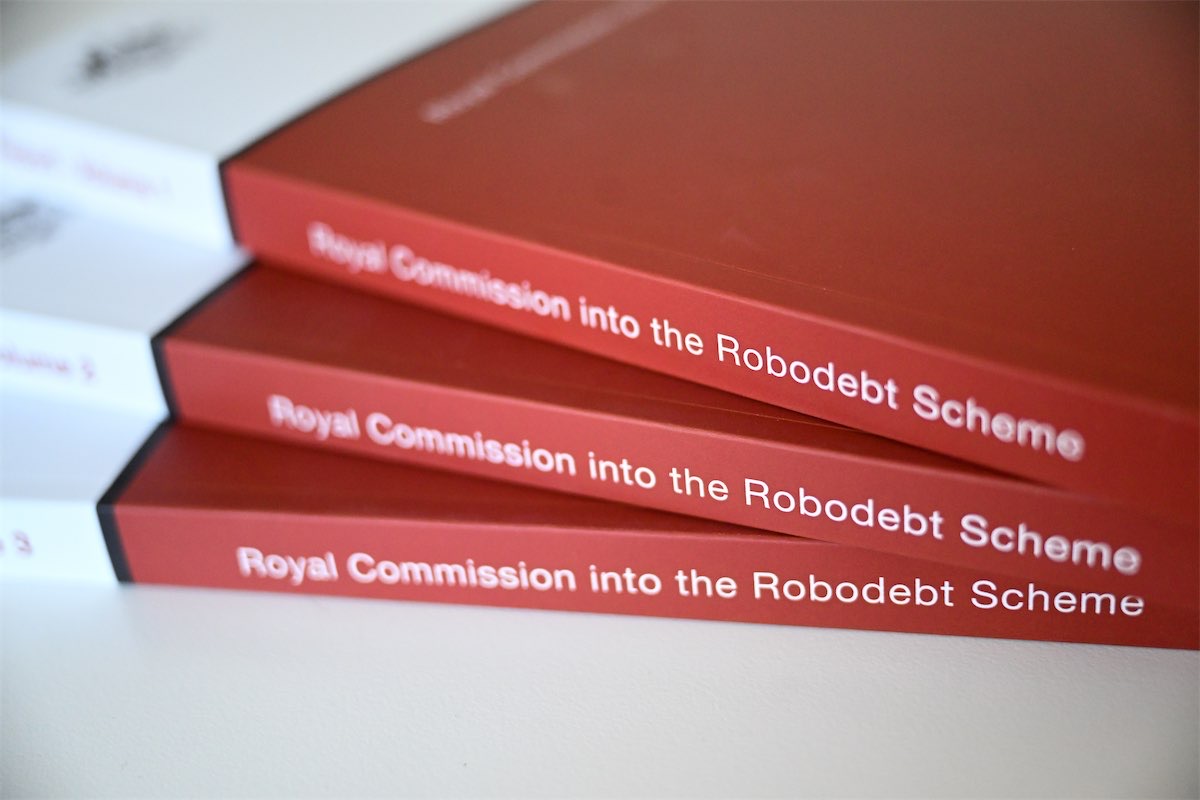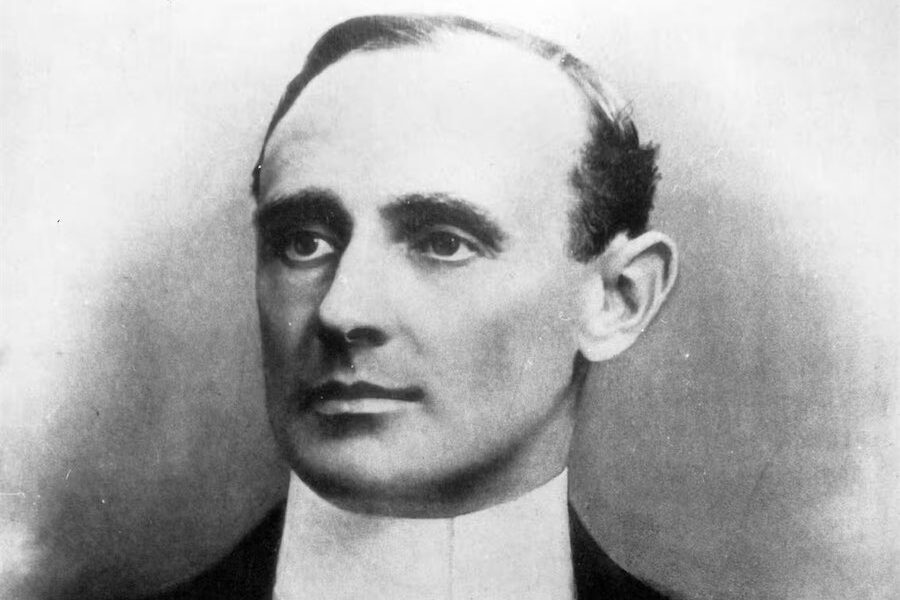
Political columnist MICHELLE GRATTAN says the ‘sealed’ chapter of the Robodebt report should be released.
THE secrecy surrounding the recommendations for prosecution and other action against those who drove or facilitated the robodebt scandal threatens to dilute the impact of the strong findings of the royal commission.

Commissioner Catherine Holmes has said the report’s secret chapter “recommends the referral of individuals for civil action or criminal prosecution”. But she said this “sealed” section should not be tabled “so as not to prejudice the conduct of any future civil action or criminal prosecution”.
Holmes has submitted relevant parts of the sealed chapter “to heads of various Commonwealth agencies, the Australian Public Service Commissioner, the National Anti-Corruption Commissioner, the president of the ACT Law Society of the Australian Capital Territory and the Australian Federal Police”.
So far the government is adhering to Holmes’ position about not releasing names, although the Minister for Government Services Bill Shorten said on Friday he had “conflicting emotions” when he read Holmes’ recommendation on this, and Anthony Albanese said he did, too.
While at first blush Holmes’s argument for suppressing the names sounds fair and the right thing to do, it is in fact flawed.
By not identifying people publicly, this does a disservice at several levels. The case for secrecy can be made, but it is trumped by that for disclosure.
The general public, and especially the victims of robodebt, deserve to know who has been referred. The scheme did immense damage to a huge number of people. The commission has been scathing about many individuals. There is a strong case for revealing what actions it believes should be taken against which people.
The secrecy is also unfair to some involved in the hearings who have not been referred. People may assume, wrongly, that they have been.
On the other hand, have some individuals not been referred when it might be expected they would have been?
Individuals who have been referred can identify themselves, but it can’t be assumed they will. (A couple of former ministers on Friday were quick to say they had not received referral notifications.)
The situation becomes even more opaque when no number has been given of the referrals.
One would expect a hierarchy among the referrals – being recommended for criminal charges is not the same as being referred for lesser action.
There is little doubt names will leak out over coming days, which is the worst way for them to emerge.
Publication of names would hardly be a new thing. The royal commission into trade unions, set up by the previous government, listed referrals, the grounds for them, and the agencies to which they were sent.
Following Friday’s report, the bureaucracy has started a process for dealing with fallout in its bailiwick. But while there’s been a shake up in the public service and its top personnel under Labor, the public won’t necessarily have confidence the process will ensure action is being robustly pursued.
The Public Service Commission announced that “a centralised inquiry mechanism has been established to inquire into alleged breaches of the Code of Conduct by [Australian Public Service] employees, former APS employees and Agency Heads arising from the Royal Commission”.
In its statement the Public Service Commission poses the question, “What information will be available about individual referrals and inquiries?” Its answer amounts to saying, damn all.
“The sealed chapter of the report refers to individuals and is subject to a Direction Not to Publish issued by the Royal Commissioner.
“In order to maintain the integrity and procedural fairness of any further inquiries, and consistent with the Direction Not to Publish, information about individual cases will not be released,” the statement says.
As to whether individuals named in the sealed section continue to be employed in the public service, this will be “a matter for their current employer,” who can act “before a formal investigation has started or concluded”.
In deciding this, the statement says, their boss needs to consider the “seriousness of the allegations, as well as the particular circumstances of the individual’s employment including their current roles and responsibilities”.
Just in case anyone has any further questions, the Public Service Commission and individual departments and agencies “will not be commenting on the employment arrangements of individuals because, to do so, may inadvertently disclose content contained in the sealed chapter or risk prejudicing ongoing inquiries”.
This is less than satisfactory. As is a situation where some senior public servants know more than ministers about who has been named.
How can we monitor what happens to which individuals if we don’t know who all those individuals are? How will we know the time frame – when the follow-through is finished? Are we talking about weeks, months?
There are strong grounds for the government to make public the sealed section, in the name of transparency. Not to do so will only bring problems.![]()
Michelle Grattan, Professorial Fellow, University of Canberra. This article is republished from The Conversation.
Who can be trusted?
In a world of spin and confusion, there’s never been a more important time to support independent journalism in Canberra.
If you trust our work online and want to enforce the power of independent voices, I invite you to make a small contribution.
Every dollar of support is invested back into our journalism to help keep citynews.com.au strong and free.
Thank you,
Ian Meikle, editor




Leave a Reply